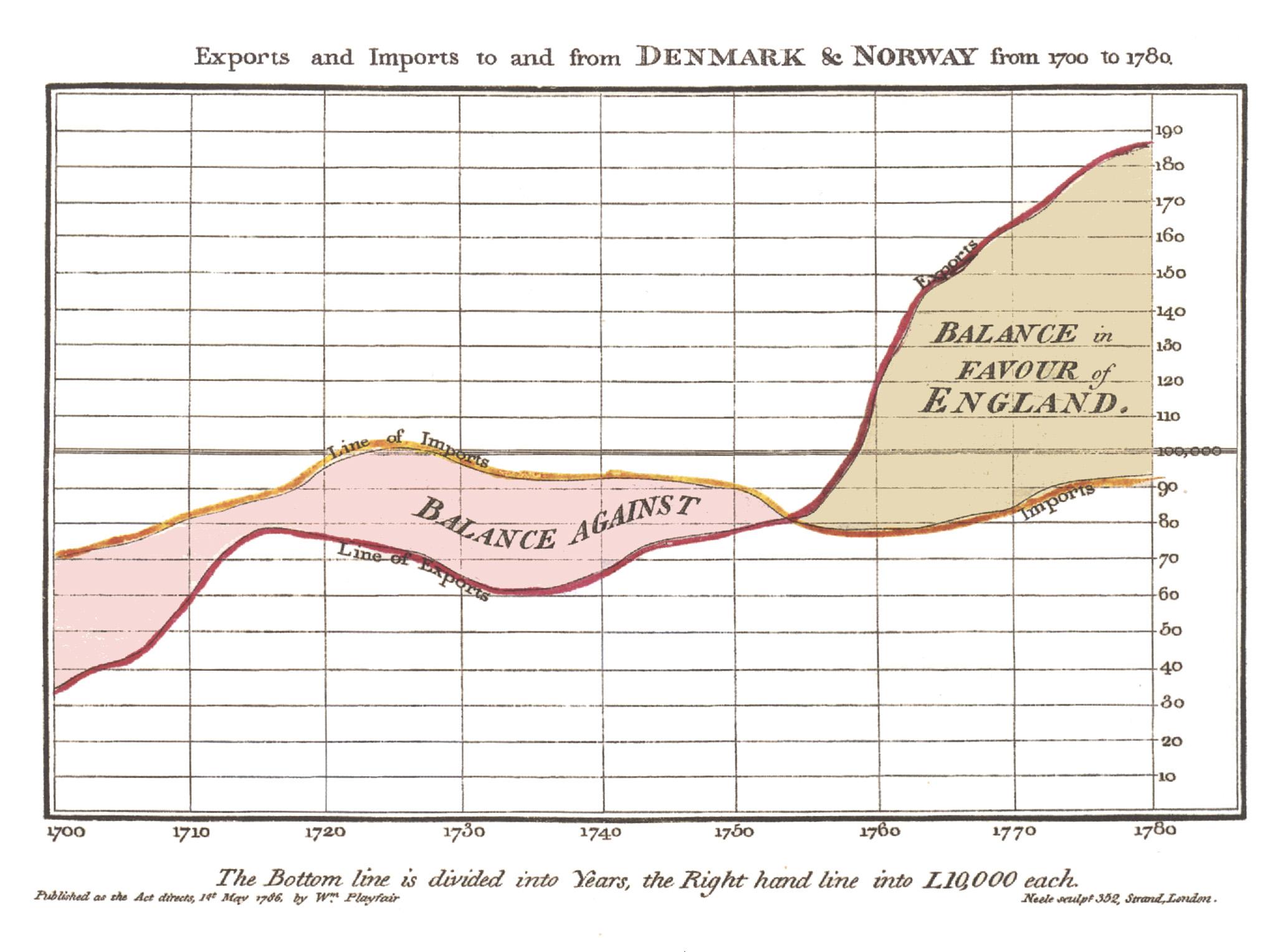Creating Muppets out of household materials with Jim Henson
Absolutely delightful!


Source: Demystifying Public Speaking by Lara Callender Hogan Lara Hogan’s Demystifying Public Speaking has been available as a physical book, and you can now read it for free online. I’ve done plenty of presentations in front of people, and after reading through this book, I realize what an amateur I’ve been. This book is chock…
Easy Collaboration Tool – Using Neat Chat in Education Today, it seems archaic to think that it would be difficult to communicate with students online. There are so many ways to connect with them outside of school hours and asynchronously. I just learned of one today that I wanted to share with you that reminded…

We live in an age of data visualization. Go to any news website and you’ll see graphics charting support for the presidential candidates; open your iPhone and the Health app will generate personalized graphs showing how active you’ve been this week, month or year. Sites publish charts showing how the climate is changing, how schools are…

Free Kid’s eBooks and NOOK Books | Barnes & Noble® and Amazon.com : free kids ebooks (Amazon Best Sellers: Best Children’s free eBooks) – These sites require an Amazon or Barnes & Noble account, so they may not be useable for young students. But, for older students (or students who have their parents sign up),…

It’s all too easy to waste time formatting your Google documents. Others have already put together some excellent templates for your use. If you use Google Docs, here are 24 time-saving templates that’ll let you get on with using the documents, rather than struggling to put them together. Source: 24 Google Docs Templates That Will…

A Principal’s Reflections: Waving Goodbye to Drive-By PD There has been a great deal of knocks on professional development as of late and rightfully so. More often than not, professional development is something that is done to educators as opposed to an experience that they truly value for growth. For many, district professional development is…